Hourglass River
Countdown to another world
AC-CS #45334
How do entire societies interpret the causes, consequences and possible future transformations of damaged ecosystems? This case study develops a cartographic analysis and a video image of the Old River Control Structures (ORCS) on the Lower Mississippi River, conceived as the anthropogenic marker of an ongoing social-ecological process, what Holling and Meffe call “the pathology of command and control in natural resource management.” Designed and built by the US Army Corps of Engineers from 1954 to 1963, then reorganized and expanded over the following three decades, ORCS represents an attempt to hold back geological time: it arrests the natural course of sedimentation that leads a river to abandon an old delta complex in favor of a shorter, steeper route to the sea.
Read MoreHourglass River: Film Trailer
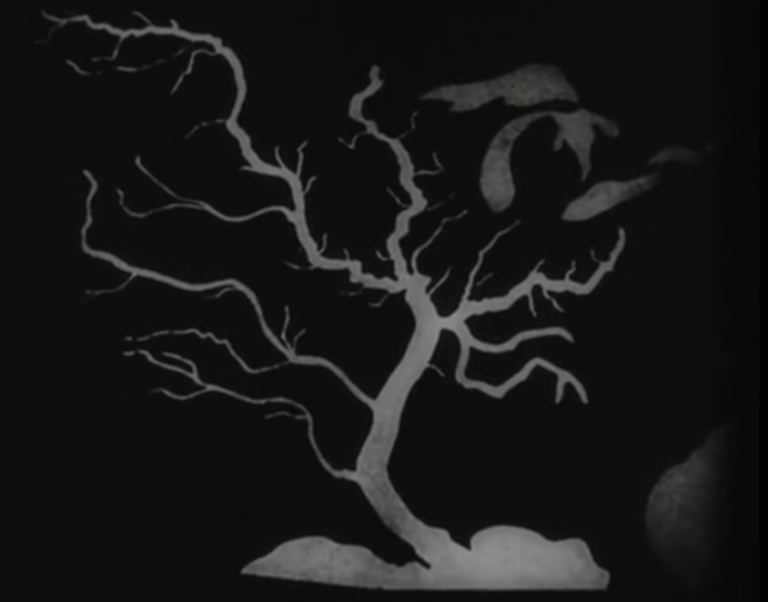
Hourglass River: Interactive Map
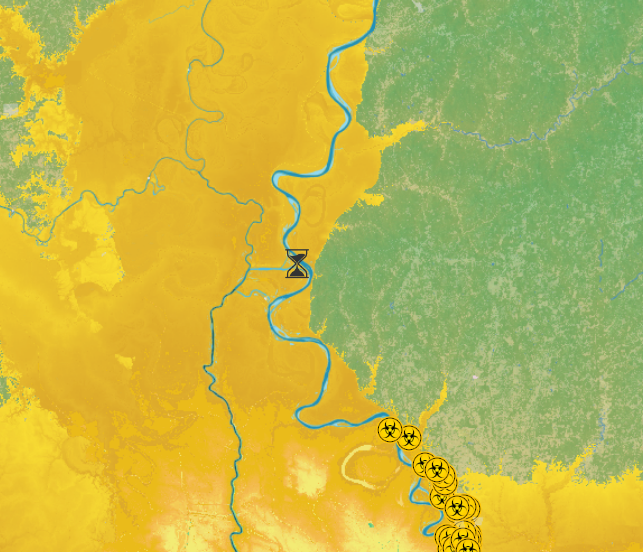
Old River Control Structure
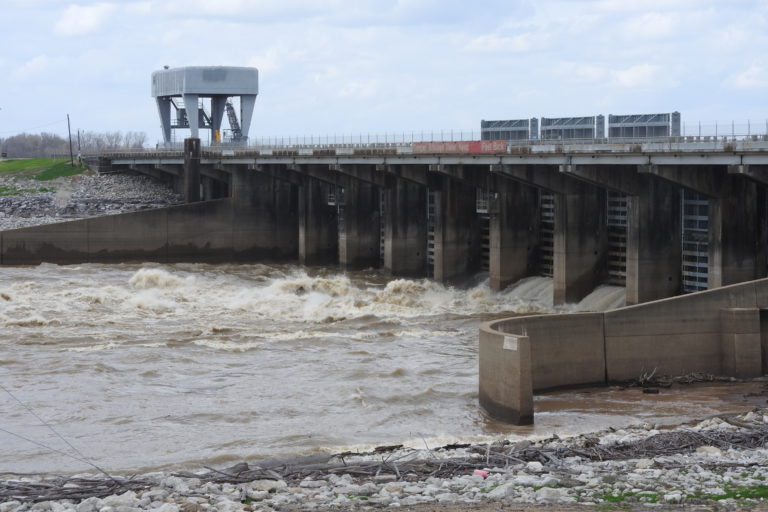
Part 1—The Site: An introduction to the Old River Control Structure
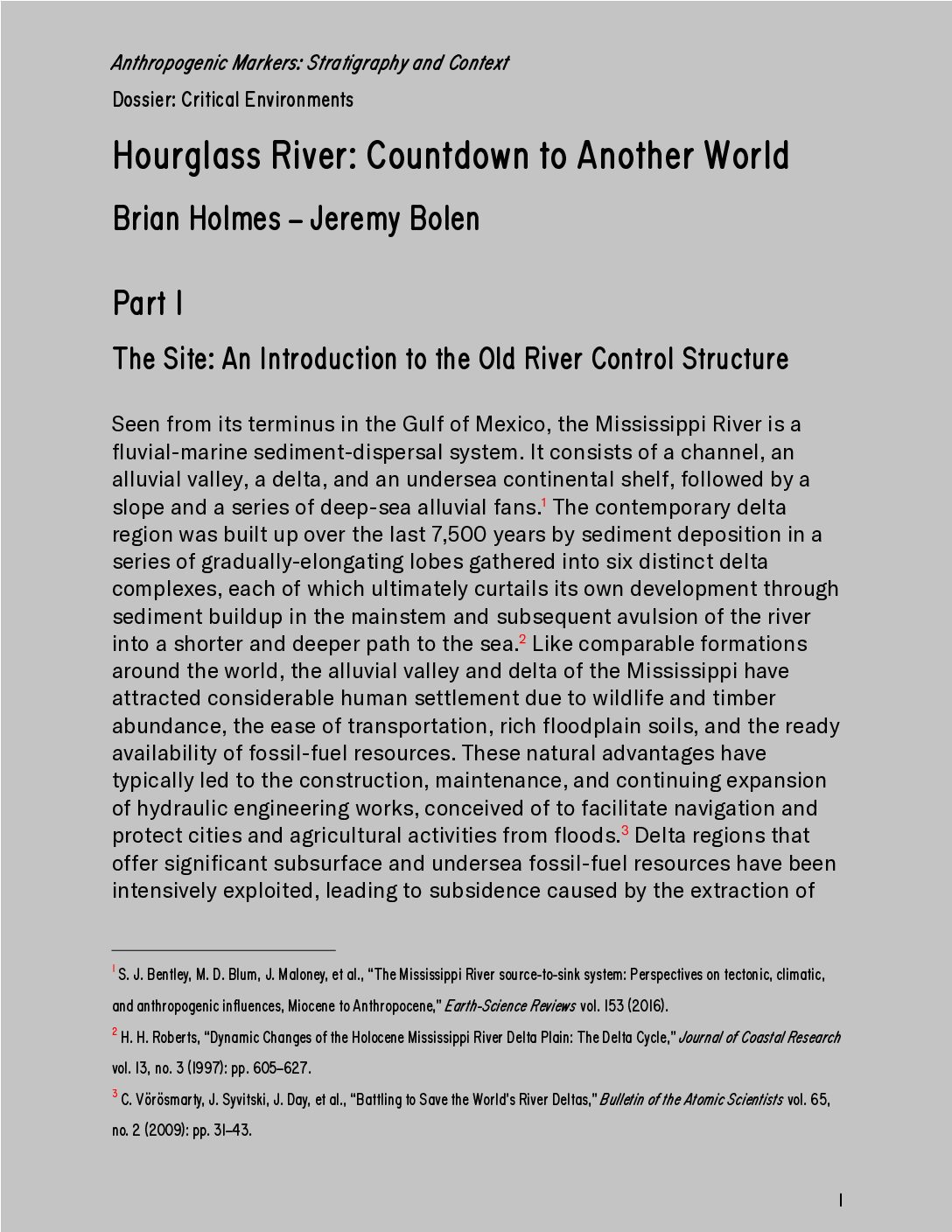
Part 2—The intervention crisis in Southern Louisiana
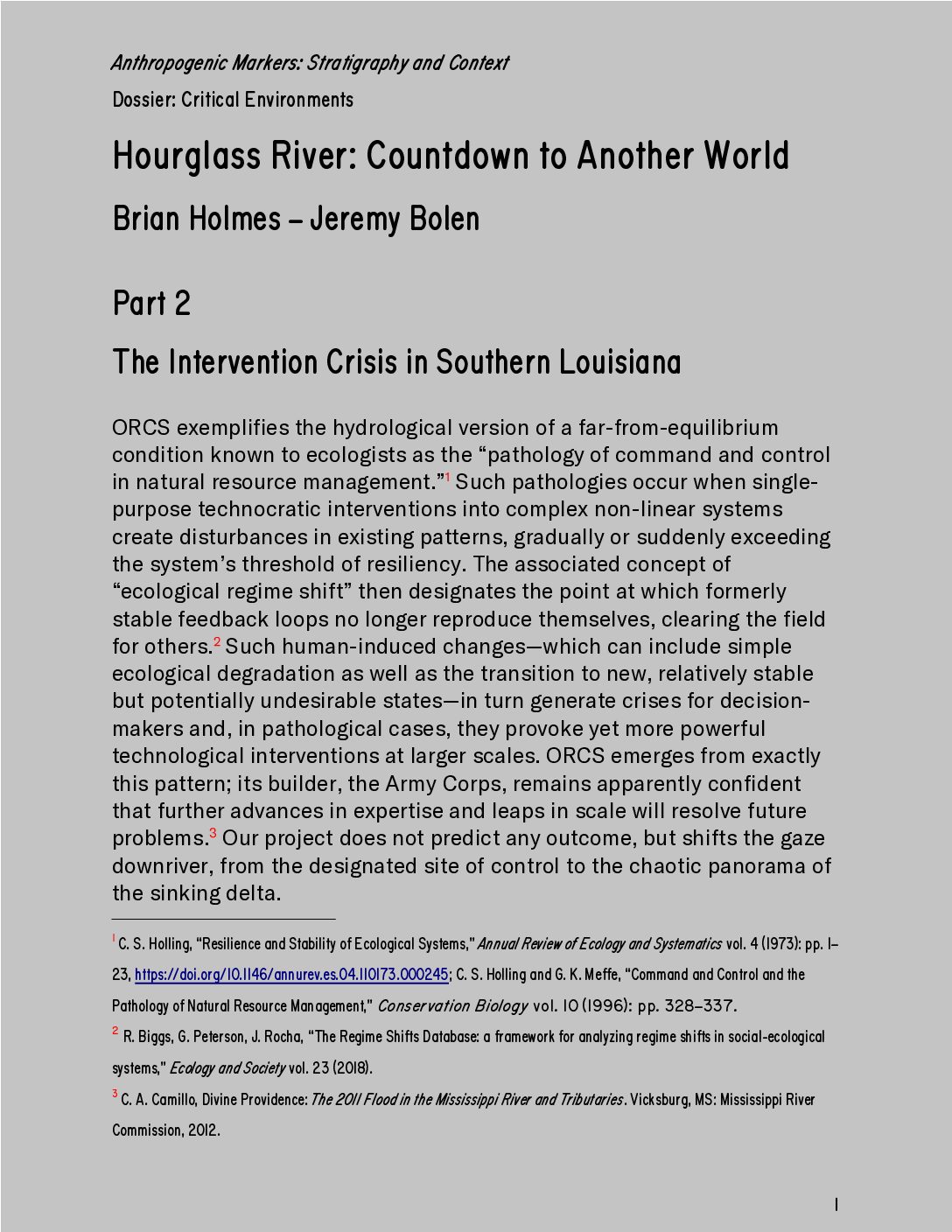
Part 3—Actualizing interpretation work for regime shifts in socio-ecological systems
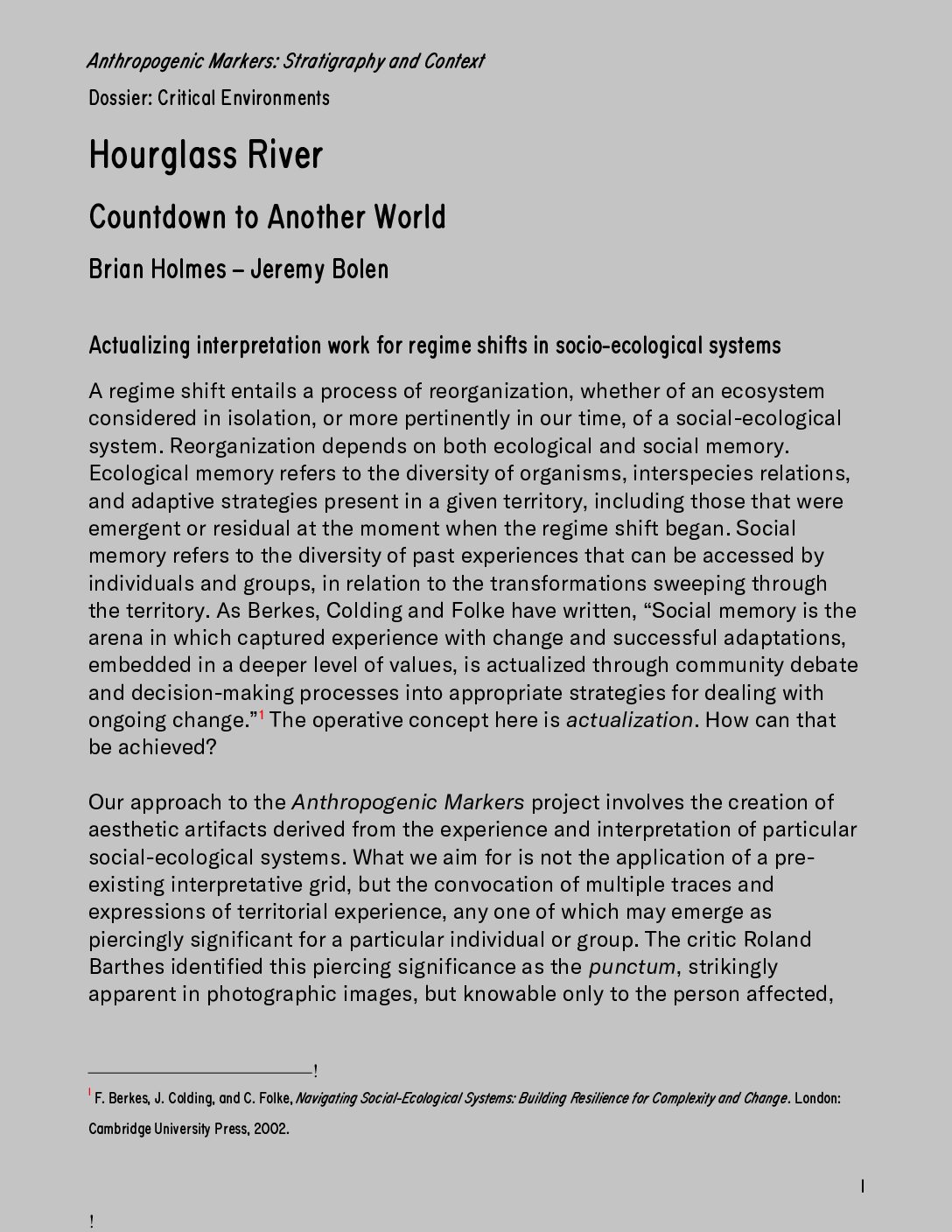
Brian Holmes is an essayist, cartographer and artist, member of the group Deep Time Chicago. His recent work explores territorial predicaments and responses at the onset of accelerated ecological change. Collaborators outside Chicago include Casa Río and the Humedales sin Fronteras network in South America, and the HKW/MPI in Europe.
Jeremy Bolen is an artist researcher, organizer, and educator interested in site-specific, experimental modes of documentation and presentation. Much of Bolen’s work involves rethinking systems of recording––in an attempt to observe invisible presences that remain from various scientific experiments and human interactions with the earth’s surface.
Please cite as: Holmes, B and J Bolen (2022) Hourglass River. Countdown to another world. In: Rosol C and Rispoli G (eds) Anthropogenic Markers: Stratigraphy and Context, Anthropocene Curriculum. Berlin: Max Planck Institute for the History of Science. DOI: 10.58049/92y1-9w44
